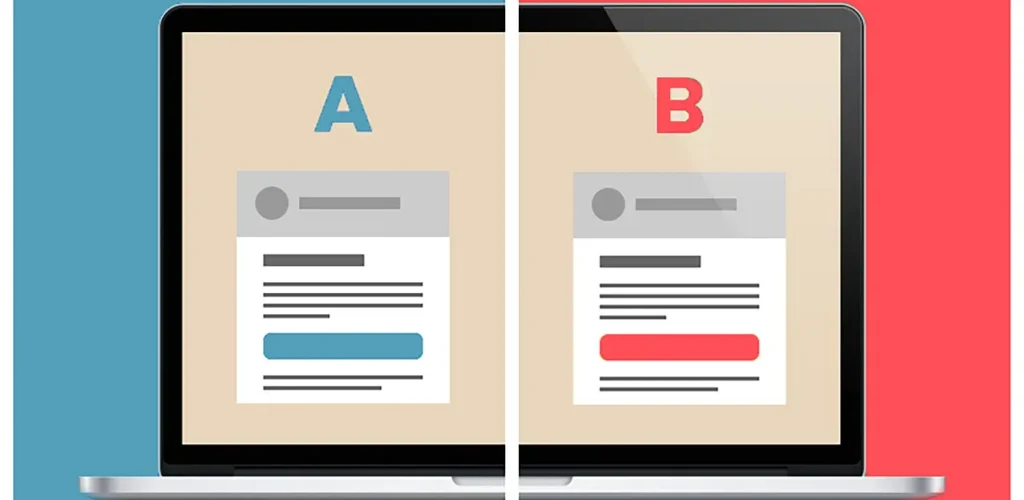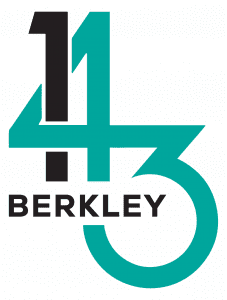AI has taken the working world by storm over the last few years and has been fairly positioned as a way to level the playing field, especially for SMBs. While platforms like ChatGPT are great for businesses that can afford to dedicate a full-time marketer (whether in-house or outsourcing), we’re here to encourage you to draw a boundary between using AI as a tool and as a marketer.
Call this blog ‘Tough Love’ if you’d like. Here’s why you should never replace a marketer with AI:
1. Creativity
One of the key limitations of AI, in general, is its inability to be truly creative. AI algorithms can only draw from existing data on the web and generate content based on patterns and information it has learned. Relying solely on AI-generated content makes everyone sound the same (read: boring). A combination of lived experience, professional know-how, and the ability to create new neural pathways to create new ideas will always give people the edge.
This isn’t to say AI tools can’t lead to creativity. In fact, we believe marketers should be using them to lay foundations and expedite processes. ChatGPT and tools like it are great at removing the fear of the blank page. To prove this point, the blog you’re reading right now was drafted with our notes in ChatGPT and then revised to add our unique opinions and voice! AI gave us a great start, but anyone who respects their audience and brand will never send out a pure AI-generated piece of content.
2. The power of a well-crafted prompt
Let’s continue this theme of AI as a starter tool with fact #2: the output of an AI bot is only as good as the prompt it’s given. At this very moment, marketers are honing their skills in creating prompts that cover all the bases, but there are still gaps to be filled in the output.
Did you tell Canva to include the dates of your next sale in the graphic you commissioned? Did ChatGPT not include a call to action at the end of your lead magnet? Do you think Bard is truly qualified to own A/B testing for your email strategy? A trained marketer will instantly recognize missing details and are the only sources truly equipped to deliver fully fleshed-out strategies and content. These skills come from real-world experience that AI isn’t able to source.

3. Fact-checking and research
As we’ve mentioned, AI algorithms pull information from the web. In essence, they are only able to guess what the next best word is. These tools also have limits preventing them from pulling from recent information, can’t judge fact from fiction, and inherently are more likely to plagiarize—all qualities for a less-than-ideal approach to research.
On the other hand, marketers have the capability to conduct deep dives into industries. Marketers can engage with clients and audiences to ask critical questions and refine information for effective sharing. Not to mention their ability to access newer information, double-check sources, and (essentially) not commit plagiarism.
4. Tools vs. magic wands
The history of marketing technology is filled with platforms that were expected to make certain marketing aspects obsolete, from Canva for design to WordPress and MailChimp for content distribution. As time has shown, these tools, including AI, are just that – tools.
They require marketers’ specialized skills and human touch to harness their full potential. The simple truth: the web pages that convert, press releases that get picked up, designs that resonate, and copy that moves people to action are created and iterated on by skilled people. AI will always come in second place. You’ll always be marketing to humans, so everything you put out demands a human touch.
Need guidance on integrating AI into your marketing stack (without it taking over)? Our team of experienced marketers is here to guide you. Message us today for a free consultation to find out where your current strategy stands and how you can utilize various tools and our network of experts to hit your marketing goals.



